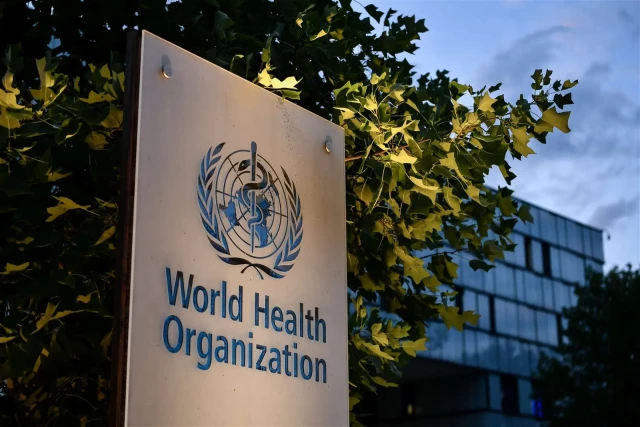Cardiovascular disease accounts for 40% of all deaths in Europe, according to the World Health Organization (WHO), which is urging Europeans to reduce their consumption of salt.
This equates to 10,000 fatalities every day, or a total of four million per year.
Hans Kluge, the director of the Europe branch of the World Health Organization, stated that implementing specific measures to decrease salt consumption by 25 percent could potentially prevent approximately 900,000 deaths from cardiovascular diseases by 2030.
Hypertension affects one out of every three adults aged 30 to 79 in Europe, frequently as a result of high salt intake.
The WHO's European region has 51 out of 53 countries with an average daily salt intake exceeding the WHO's recommended maximum of five grams, or one teaspoon, primarily due to processed foods and snacks.
The WHO stated that high salt intake increases blood pressure, a major risk factor for cardiovascular diseases such as heart attacks and strokes. Europe has the highest prevalence of high blood pressure globally.
The WHO Europe report reveals that men in the region are nearly 2.5 times more likely to succumb to cardiovascular diseases than women.
There is also a notable geographic discrepancy, with the likelihood of premature death (30–69 years) from cardiovascular disease being nearly five times higher in eastern Europe and central Asia compared to western Europe.




















